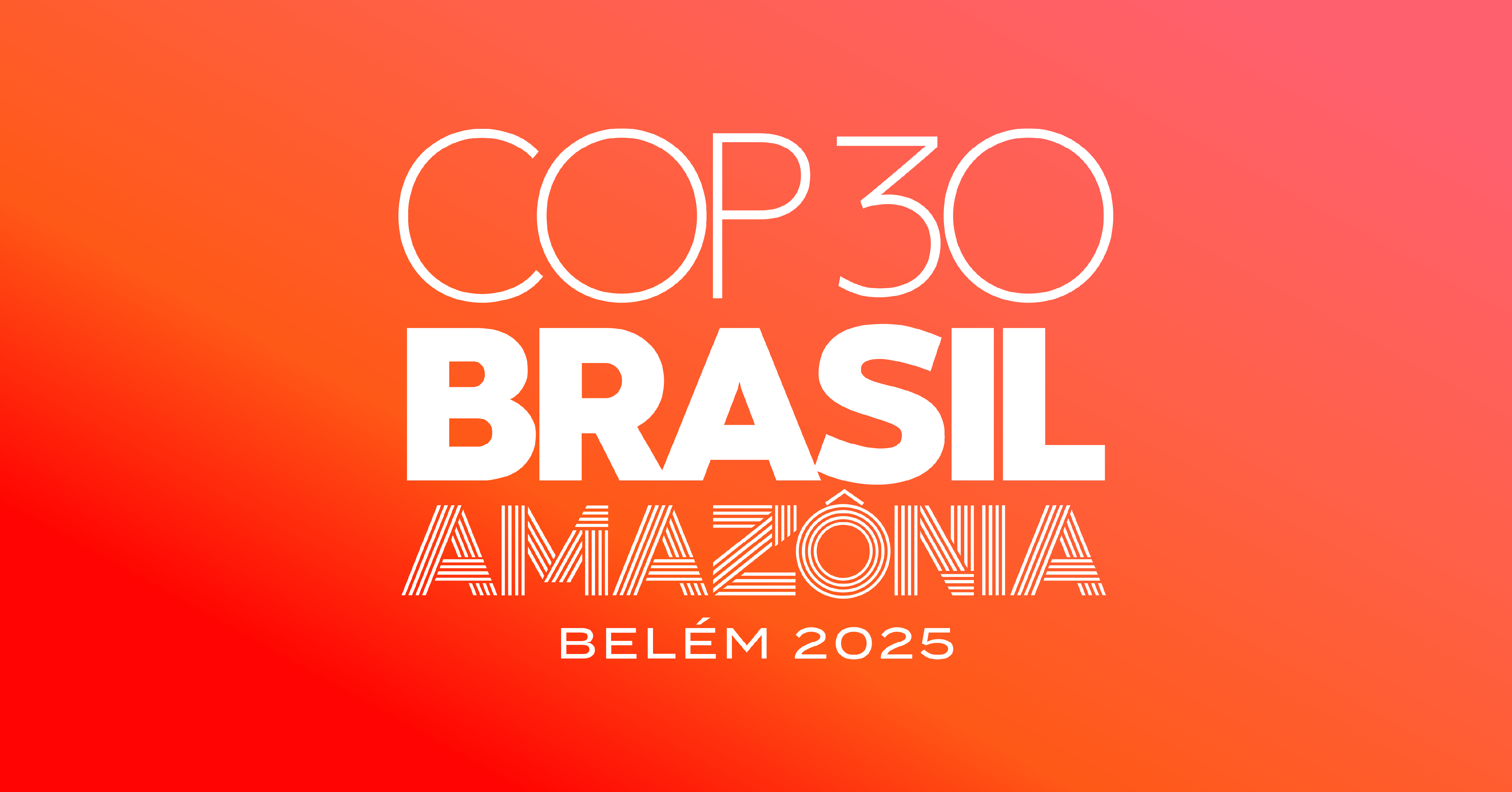Hidden Costs in Business Energy Contracts
Energy contracts can be deceptively simple on the surface. But dig a little deeper and what looks like a straightforward price per kilowatt-hour...
3 min read
![]() True Group
:
Nov 12, 2025 10:00:00 AM
True Group
:
Nov 12, 2025 10:00:00 AM

COP 29: The ‘Finance COP’
The 29th UN climate summit in Baku, Azerbaijan last year was dubbed the ‘finance COP’ and while 56,000 delegates from nearly 200 countries attended, it is widely regarded as disappointingly too little, too late.
As the label suggests, the key outcome was the “New Collective Quantified Goal” of $300 billion a year for climate finance in the developing countries. This was a compromise following intense negotiations, met with frustration and outrage, as UN experts noted this number was a far cry from the trillions needed to combat the climate crisis. The target agreed was “at least” $300 billion a year with calls to work together to mobilise finance up to $1.3 trillion annually by 2035, however neither figure was accompanied by a concrete action plan. Added as negotiations came to a close, a “Baku to Belem Roadmap to 1.3T” report outlining methods to scale up climate finance was decided and tasked to the Azerbaijani and Brazilian COP presidencies to assemble ahead of COP30.
Other successes included:
However, while COP29 set the finance floor, it failed to resolve crucial energy transition decisions, pushing them to future summits. For sustainability professionals and the energy industry, these shortcomings and the lack of practical implementation still require urgent attention to move from symbolic commitments to action.
Which is exactly why now, on the tenth anniversary of the Paris Agreement, all eyes are on COP30.
COP 30: The ‘Implementation COP’
COP30 will convene in the Amazon Rainforest in Belem, Brazil, from 10th to 21st November. The COP Action Agenda is packed with objectives to intensify emission reductions, climate adaptation and sustainable economies, and the hottest talking point is the launch of the Baku-Belém finance roadmap. Here are key expectations as the summit kicks off:
COP30 will also see the Loss and Damage Fund launch its first call for funding requests, opening access to finance for projects supporting communities impacted by climate change.
Nature and Adaptation taking centre stage. COP30 negotiators are set to finalise indicators to measure progress on the GGA. Integrating nature-based solutions, reforming food systems and advancing Indigenous land rights are expected to remain central to discussions, as the summit takes place in the heart of the Amazon.
A stocktake of renewables. Building on COP28 agreements, COP30 will focus on accelerating the global energy transition to triple renewable energy capacity and double energy efficiency by 2030. There will be a strong emphasis on a “just transition” away from fossil fuels and ensuring that the shift to a low-carbon future is fair and inclusive.
How could this affect your business?
Although business may not be directly affected by COP30, the decisions made can quickly trickle down, creating risks and opportunities. You can anticipate new national policies aligned with the updated NDCs across energy, industry, agriculture and transport, with potential trade restrictions. Accompanied by knock-on effects for stricter compliance and reporting, finance conditionality will increasingly favour green project or climate transition plan investment. Expectations on transparency and data quality of corporate emissions will also tighten.

Energy contracts can be deceptively simple on the surface. But dig a little deeper and what looks like a straightforward price per kilowatt-hour...

Chris Maclean is the CEO of True and Open Energy Market, and highlights several key issues raised by COP28.

COP30 in Belém was billed as the summit where climate action would shift from ambition to execution. For two weeks, negotiators, activists and...